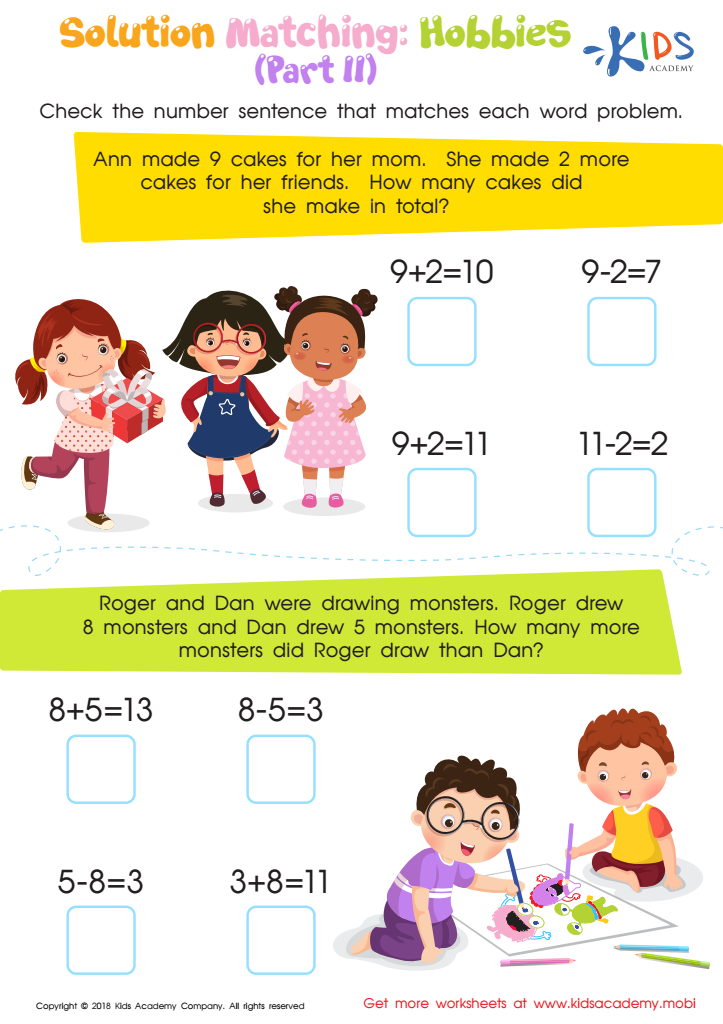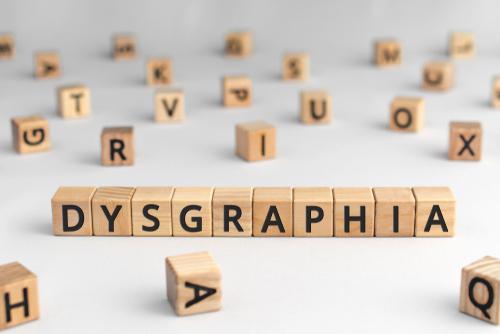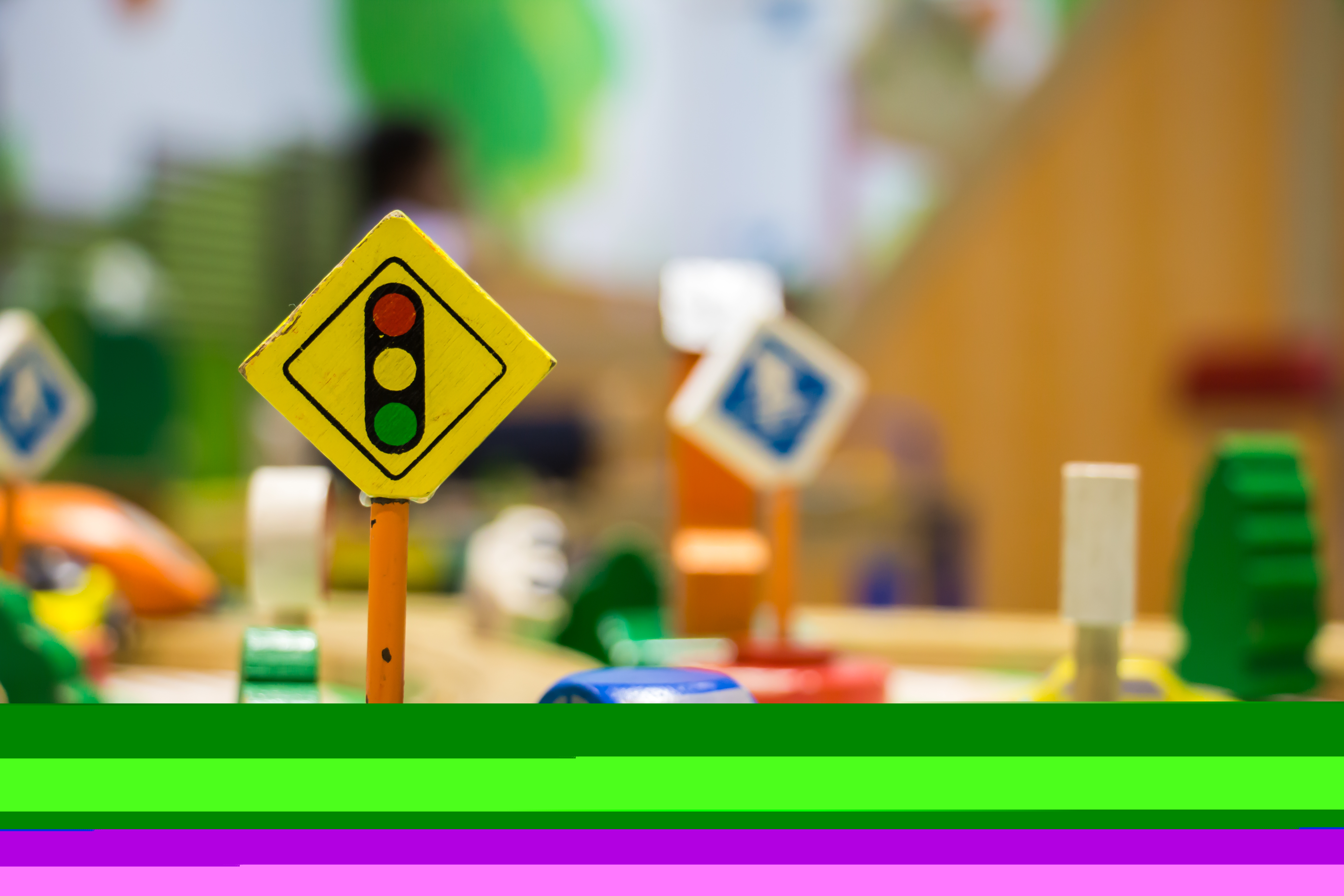Encouraging analytical thinking Worksheets for Kids
1 filtered results
-
From - To


Solution Matching: Hobbies. Part 2 Worksheet
Question/Answer
How to train the Encouraging analytical thinking skill in Grade 1 students learning about Numbers?
To train Grade 1 students in analytical thinking through numbers, incorporate puzzles and pattern recognition activities. Use simple addition and subtraction problems to teach them to identify relationships between numbers. Encourage the use of manipulatives like blocks for hands-on problem-solving, and ask open-ended questions to promote discussion and reflection on their thought processes.
How to test a Grade 1 student’s Encouraging analytical thinking skills?
To test a Grade 1 student's analytical thinking skills, engage them in activities like solving simple puzzles, categorizing objects based on characteristics, asking them to predict outcomes in stories or experiments, and encouraging them to ask 'why' and 'how' questions. Use age-appropriate games and tools that challenge them to observe, compare, and draw conclusions in a playful, supportive environment.
What are some effective activities to train students’ Encouraging analytical thinking skill when teaching them about Numbers?
To train students in analytical thinking through numbers, incorporate activities like puzzle solving (e.g., Sudoku), real-world problem-solving scenarios, mathematical investigations where they discover patterns or relationships, analyzing and interpreting data in graphs and tables, and using manipulatives to explore mathematical concepts. Encourage open-ended questions, and have students explain their reasoning to foster a deeper understanding and analytical thinking.
 Assign to the classroom
Assign to the classroom
.jpg)











